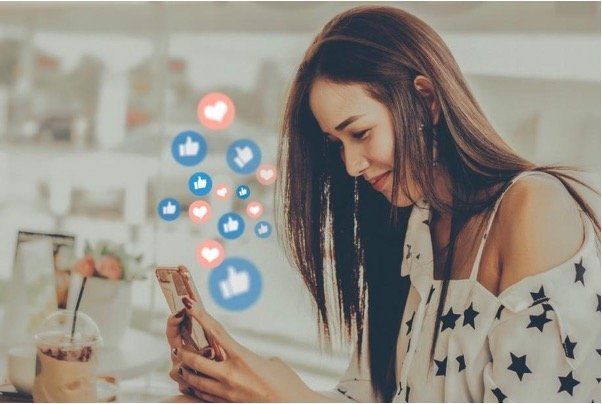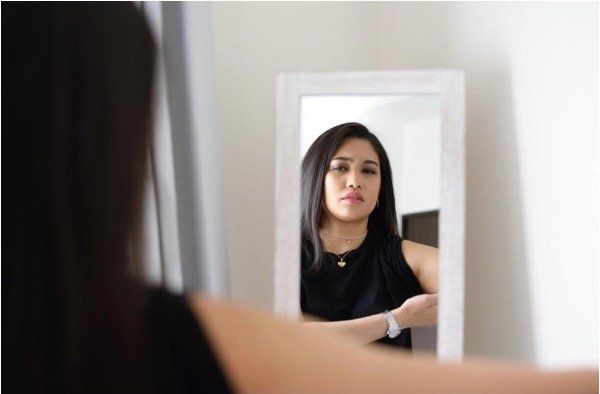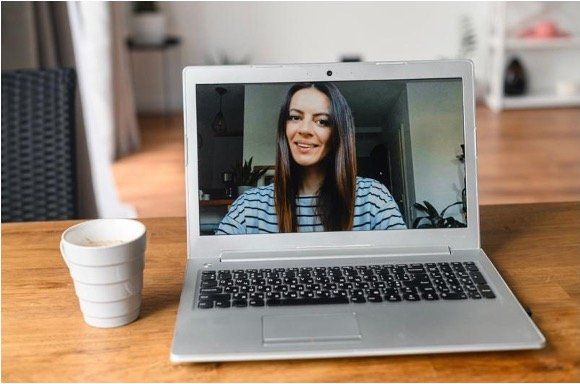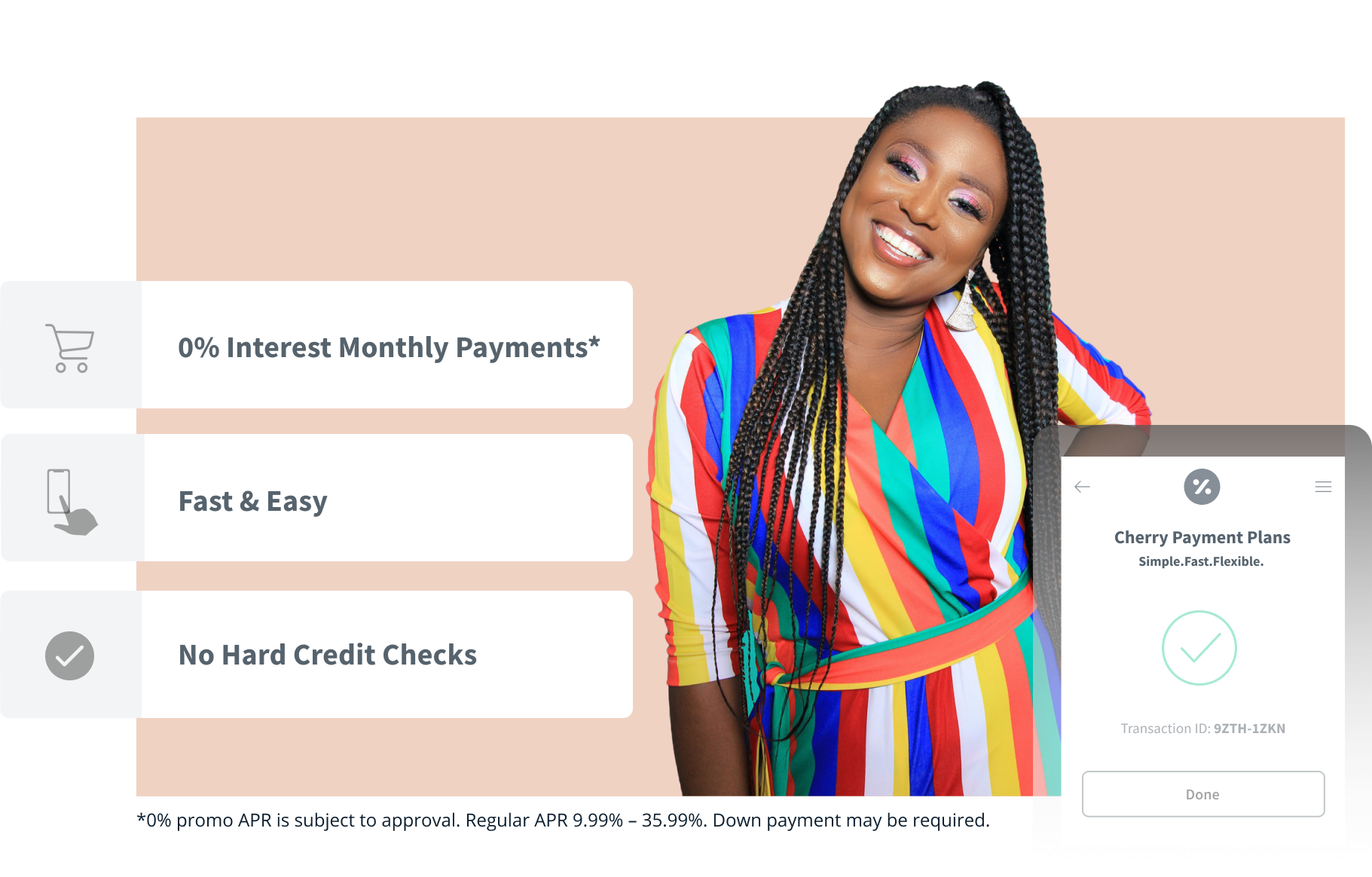Zoom Dysmorphia: How the Pandemic Made Us Feel Ugly
F**k 2020.
Remember all the memes about how much 2020 sucked? Think about our naive excitement to ring in the new year in 2019. A few months later, so much changed, and so quickly. Just weeks into the madness, we all longed to go back to normal.
But slowly, lockdowns, social distancing, masking, remote work/school, and videoconferencing made it harder to recall what normal even was. For as much as we hated the changes happening around us, we were changing too.

The Shift
As an aesthetic provider, I became acutely aware of a societal change in self-perception. Despite the morbid realities of Covid and the limited ability to be seen in-office, the number of patients seeking to improve their appearance skyrocketed.
Dermatologist Shadi Kourosh and her colleagues examined the trend and published their findings in Facial Plastic Surgery & Aesthetic Medicine. [1]
Their research confirmed what many theorized: Cosmetic consults have surged, at least in part due to hours and hours of videoconferencing. They dubbed the phenomenon "Zoom Dysmorphia," explaining that we never see ourselves quite the way we do on a videoconference…
“Zoom adds an additional level of complexity by displaying one's emotions in real-time, leading users to watch themselves speak and react to others, which may cause a person to notice expression lines and wrinkles they are not used to seeing while looking in the mirror. Additionally, one's reflection is displayed side by side to other members of the call, allowing for easy comparison and self-judgment…
…as patients remain unaware of how cameras can distort and degrade video quality and inaccurately represent one's true appearance… the result is an overall more rounded face, wider set eyes, broader nose, taller forehead, and disappearing ears obscured by cheeks…”
[1] Shauna M. Rice, Julia A. Siegel, Tiffany Libby, Emmy Graber, Arianne Shadi Kourosh,
Zooming into cosmetic procedures during the COVID-19 pandemic: The provider’s perspective,
International Journal of Women's Dermatology,
Volume 7, Issue 2,
2021,
Pages 213-216,
ISSN 2352-6475
As if staring at this funhouse mirror version of ourselves isn't bad enough, we can't help but feel we're being watched. And unlike in real-life settings, we can't actually know who may or may not be watching! (Truthfully, people are likely just as preoccupied with their own unsympathetic reflection.)
To Make Matters Worse
The increased time at home meant social media use was at an all-time high. After hours of staring at a Bizzaro World webcam version of one's face, many would pour over perfectly staged, Facetuned, and filtered photos on platforms like Instagram. For young females especially, this slowly reinforced ideas about what they "ought" to look like.
Remember Snapchat Dysmorphia? The term was coined by psychologists in 2015 to describe the preponderance of aesthetic or plastic surgery patients seeking treatment to resemble the tuned-up, unrealistic selfies they'd create (in apps like Snapchat).
Perhaps the ability to control our appearance on social media made the loss of control we experienced on Zoom all the more upsetting. Sure, we have little control over our appearance in real life, but at least we can run and hide! (Not to mention, the typical in-person meeting doesn't involve everyone in attendance staring at one another blankly.)
The Impact
While lots of us are uncomfortable with videoconferencing, a subset of individuals finds it downright debilitating. Studies say 1 in 50 people suffer from Body Dysmorphic Disorder, a body-image disorder characterized by persistent, intrusive thoughts about an imagined or minor defect of the face or body. Given the shame inherent to the condition, the numbers of those affected are likely even higher.
The average person is self-conscious about some aspect of their appearance. Still, people with BDD have an all-consuming preoccupation with the supposed flaw, causing significant emotional distress and impairment. As many as 24-28% will attempt suicide.[1]
[1] Phillips K. A. (2007). Suicidality in Body Dysmorphic Disorder. Primary psychiatry, 14(12), 58–66.
The virtual mirror of videoconferencing is traumatizing for folks with BDD, and experts now believe it can trigger BDD in those susceptible. Meanwhile, it looks like these virtual meetups aren’t going anywhere any time soon.
The Future
As vaccinations offer the promise of a waning pandemic, Kourosh et al. (2021) determined that returning to more in-person interaction is something many, especially young people, are anxious about. The researchers blame videoconferencing for exacerbating that anxiety…[1]
[1] Channi Silence, Shauna M. Rice, Samara Pollock, Janet E. Lubov, Linda O. Oyesiku, Sonya Ganeshram, Alexa Mendez, Freyja Feeney, Arianne Shadi Kourosh,
Life After Lockdown: Zooming Out on Perceptions in the Post-Videoconferencing Era,
International Journal of Women's Dermatology,
2021,
“Three in ten said they planned to invest in their appearance as a coping strategy to deal with returning to in-person events…
…Those who spent more time staring into the "technological mirror" expressed more anxiety…”
[1] Phillips K. A. (2007). Suicidality in Body Dysmorphic Disorder. Primary psychiatry, 14(12), 58–66.
[1] Channi Silence, Shauna M. Rice, Samara Pollock, Janet E. Lubov, Linda O. Oyesiku, Sonya Ganeshram, Alexa Mendez, Freyja Feeney, Arianne Shadi Kourosh,
Life After Lockdown: Zooming Out on Perceptions in the Post-Videoconferencing Era,
International Journal of Women's Dermatology,
2021,
To Cope
If seeing yourself through the lens of a webcam is even slightly unsettling, here are some tips to hopefully lessen your distress:
- Hide your "self-view." On Zoom and most other videoconferencing software, there's an option to stop seeing yourself. Everyone else will still see you, but at least you won't be distracted by your appearance. The instructions to do this on Zoom are here.
- Turn your camera off. Having your camera off throughout the meeting can ironically garner more attention than just going along with the crowd. People tend to wonder what you're up to that can't be seen, haha. If you must turn your camera off, just flip it on when you're being directly addressed or about to speak.
- Remember that your appearance is distorted by the webcam and that everyone on the call is feeling pretty uggo.
- The people who matter love you for who you are, not how you look. And you know what's really cool? Your personality and beautiful soul shine through your eyes and even color your voice. That sparkle doesn't translate to Zoom. As we return to more in-person events, note how much more vibrant your friends and colleagues look in three dimensions.
- Consider perspective: You're standing in front of the most beautiful sunset you've ever seen. You're just bowled over by its beauty. You take some pics to show a friend. Are they able to experience the same awe you felt when you stood in front of that sunset? A picture might be worth 1000 words, but the real deal can hardly be put into words. And you’re the real deal.
XO,
Dina B.
If negative feelings about your appearance are dragging you down, know that you’re not alone. It can be difficult to talk about but confiding in a therapist is the first step towards reclaiming your peace. This past year and a half have been legit traumatic for all of us, so try to be gentle with yourself.
And should you need a reminder of just how gorgeous you are, that’s what I’m here for.









